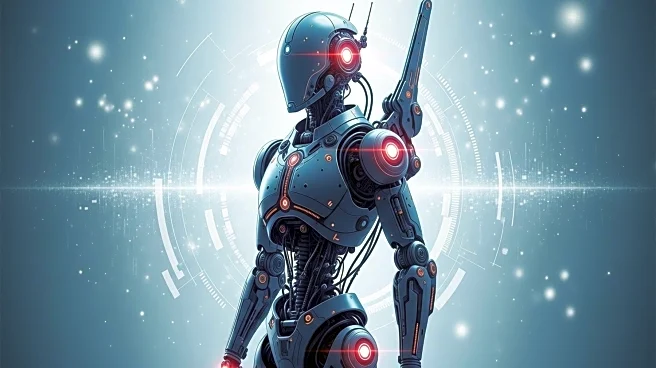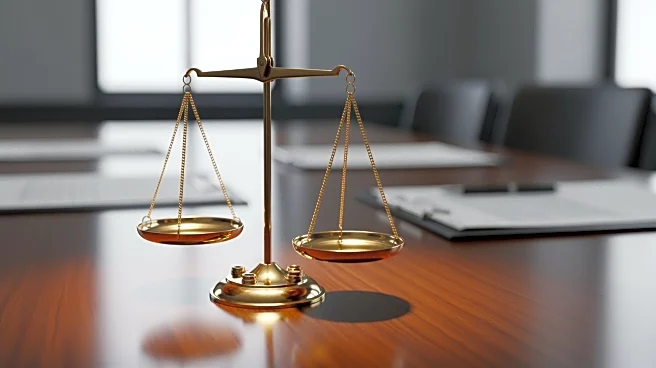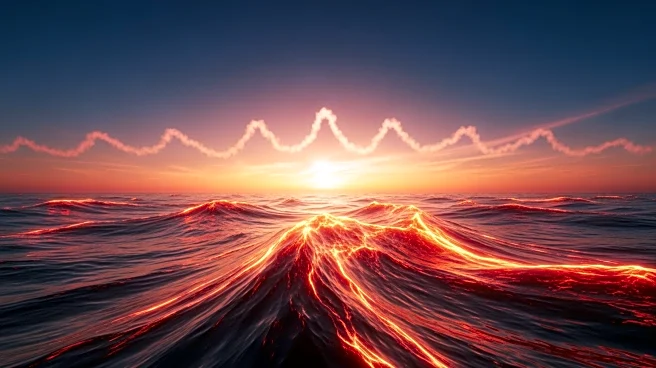What's Happening?
OpenAI has launched Sora 2, a new video and audio generation tool, which is being touted as the 'most powerful imagination engine ever built.' However, within the first 24 hours of its release, the tool has sparked controversy due to its use of copyrighted material. Users have been generating content featuring well-known characters like Sonic the Hedgehog and Pikachu, raising concerns about copyright infringement. OpenAI has implemented a policy where copyrighted content is used unless explicitly opted out by rights holders. Disney, for example, has opted out, making its characters off-limits for Sora-generated content. Despite these measures, the tool appears to have been trained on copyrighted material without permission, as evidenced by outputs resembling popular shows and characters.
Why It's Important?
The launch of Sora 2 highlights significant challenges in the intersection of artificial intelligence and intellectual property rights. The tool's ability to generate content that closely mimics copyrighted material poses legal and ethical questions for content creators and rights holders. This situation underscores the need for clear guidelines and agreements between AI developers and copyright owners to prevent unauthorized use of intellectual property. The controversy could impact OpenAI's relationships with major studios and content creators, potentially leading to legal disputes. Additionally, the tool's popularity and the viral nature of its outputs suggest a growing demand for AI-generated content, which could reshape the creative industry and influence how media is produced and consumed.
What's Next?
OpenAI is likely to face increased scrutiny from copyright holders and legal experts as the implications of Sora 2's capabilities become more apparent. The company may need to negotiate licensing agreements or face potential lawsuits from rights holders whose content has been used without permission. Furthermore, OpenAI's approach to managing user-generated content and likenesses will be critical in addressing privacy and ethical concerns. The company has stated that users can control how their likeness is used, but the effectiveness of these measures will be tested as more people engage with the platform. The outcome of these developments could set precedents for how AI-generated content is regulated and monetized in the future.
Beyond the Headlines
The Sora 2 launch raises broader questions about the role of AI in creative industries and the balance between innovation and intellectual property rights. As AI tools become more sophisticated, the potential for creating realistic and engaging content increases, but so do the risks of infringing on existing works. This situation highlights the need for a reevaluation of copyright laws to accommodate new technologies and protect both creators and innovators. Additionally, the ethical implications of using AI to replicate human likenesses and voices without consent could lead to new regulations and standards in digital content creation.








